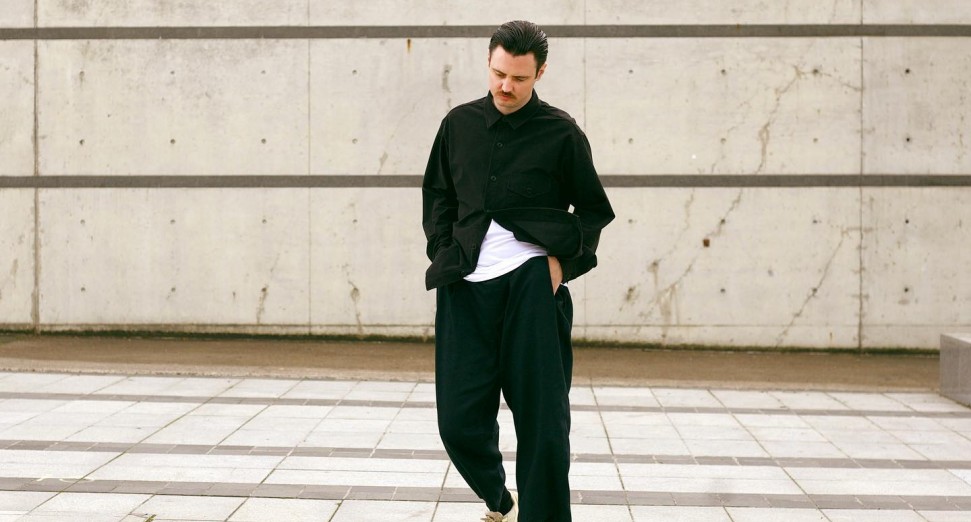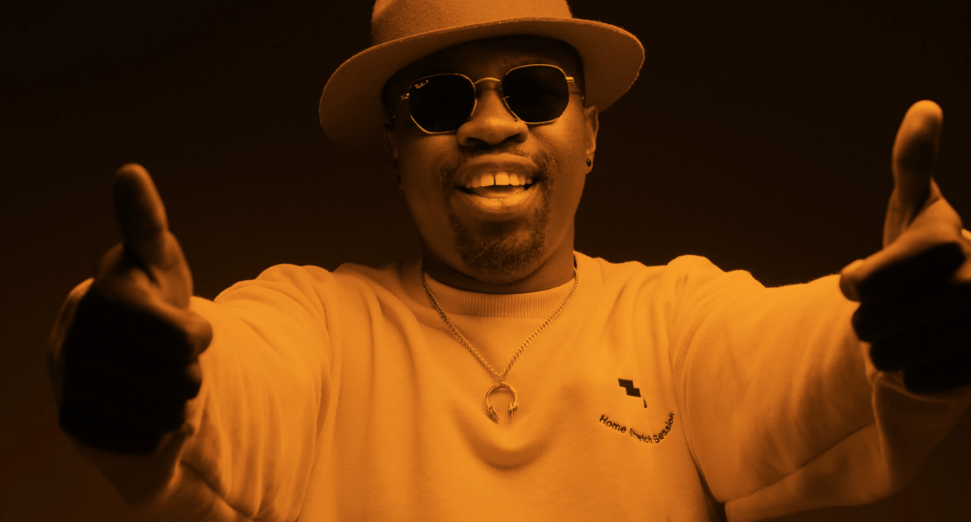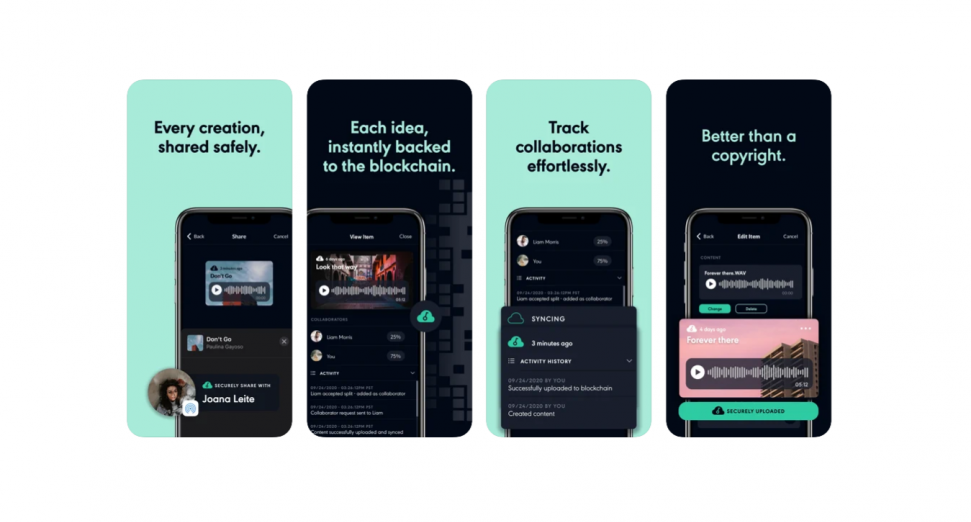
PREMIERE: Waxman Drops New Single and Talks Finishing Tracks the Right Way
Jacob Waxman—aka Waxman—is one of those artists who’s quietly built momentum across labels like Pure Progressive, ICONYC, and David Hohme’s Where The Heart Is Records without ever leaning into trends. His new track, which we’re premiering today, shows exactly why that’s working.
There’s a clear focus on melody, texture, and atmosphere, with a writing process that prioritizes feel over formula. You can hear his background in scoring for film and TV too—it’s subtle, but it shows in how the arrangement develops and how much space he leaves in the mix.
In the interview below, Waxman talks about the early influence of artists like Deadmau5 and Flume, why chopped vocals and grain delays keep showing up in his work, and how he’s learned to stop tweaking a track once it stops surprising him. He’s honest about what it takes to finish something you actually like—and even more honest about how hard that can be when you’re trying to do something original.
Snag This Track Early On Beatport Here
Who were your biggest early influences?
I have a ton of old electronic favorites who I still love to listen to—Deadmau5, Flume, Max Cooper, Justice, Boys Noize, Stimming. They were all major influences when I first dove into electronic music and started producing. It’s funny how, years later, they’re still some of my favorite artists to play and revisit, no matter how many phases I go through or how many new producers I discover.
What’s one element you always focus on when starting a track?
I love working with vocals—especially chopping them up to create texture and mood. But overall, I’m really focused on having lead melodies and harmonies that hook me while I’m writing.
That might be a vocal line, a chopped sample, or something that adds harmonic interest and depth. Sometimes it’s a lead arpeggio, or a grain delay that adds weirdness to the top end. If the melodic element doesn’t grab me early on, I usually move on.
How do you think about originality in your music?
You can always try to copy what’s trending, but by the time you’ve actually nailed it, a hundred other producers have too—and the trend might already be over. You may not be a trendsetter, but you can still follow your instincts and come up with something original. That’s the only way I’ve found to actually be proud of the work.
Sometimes that becomes a sound others want to achieve; sometimes it’s just your own. Either way, it feels more real than copying someone else.
How do you decide when a track is finished?
Finishing a track is a skill on its own. I try to stop—or at least take a break—when I hit a point where I’m happy and not making any major changes when listening back. Then I let it sit for a few weeks. If it still sounds finished when I return to it, then it probably is. If not, I’ll make more adjustments, but usually it’s close.
Getting feedback from friends or labels is also super helpful at that stage. It gives me the perspective I need to know if it’s really done or if something’s still missing.



